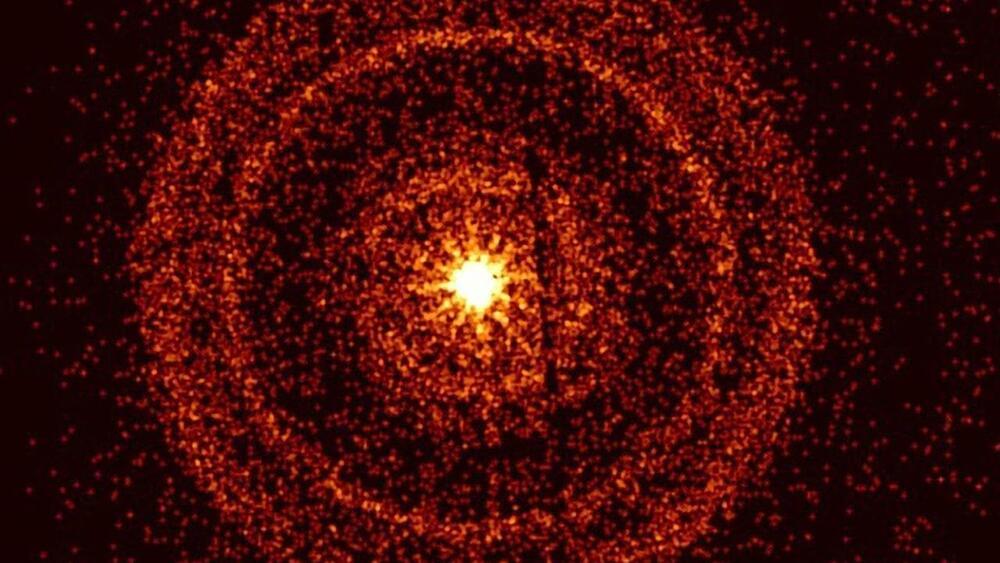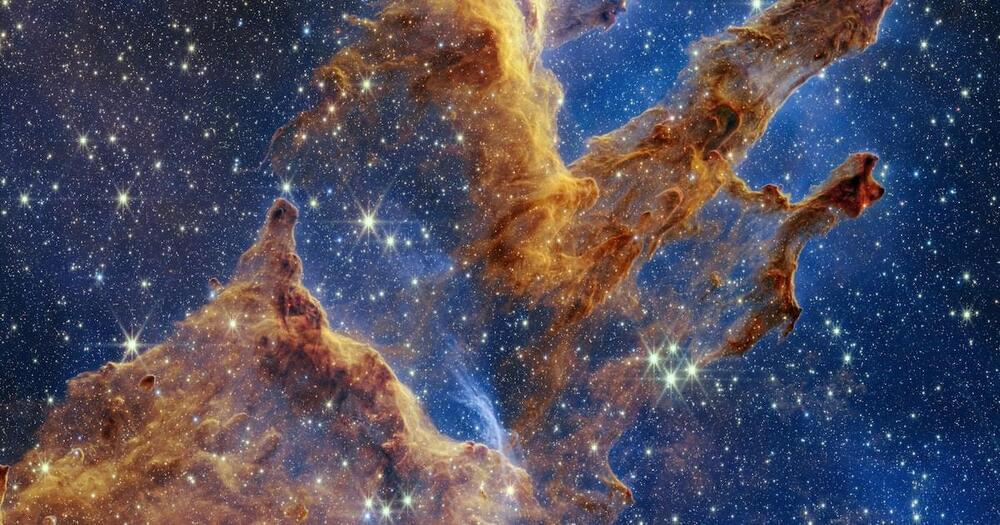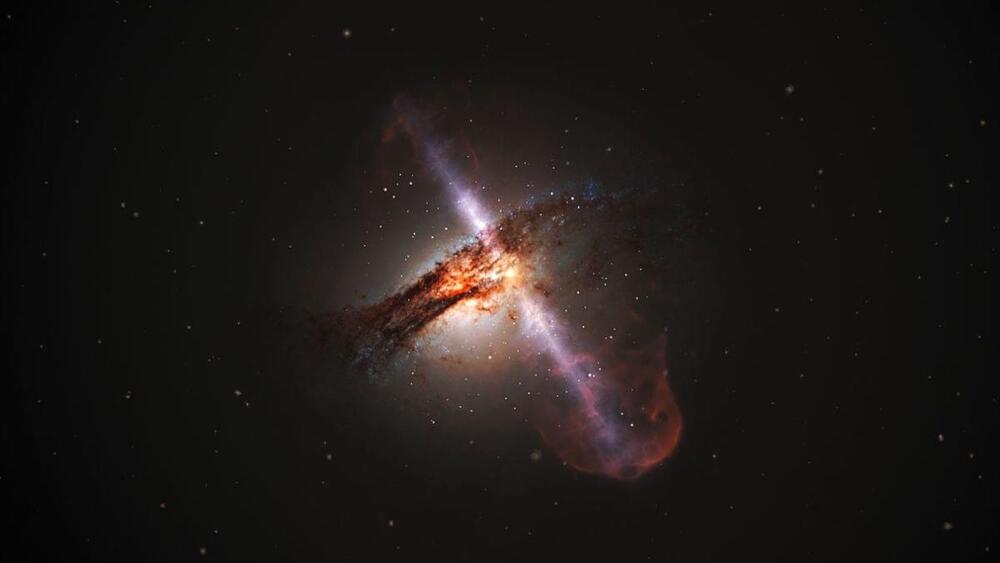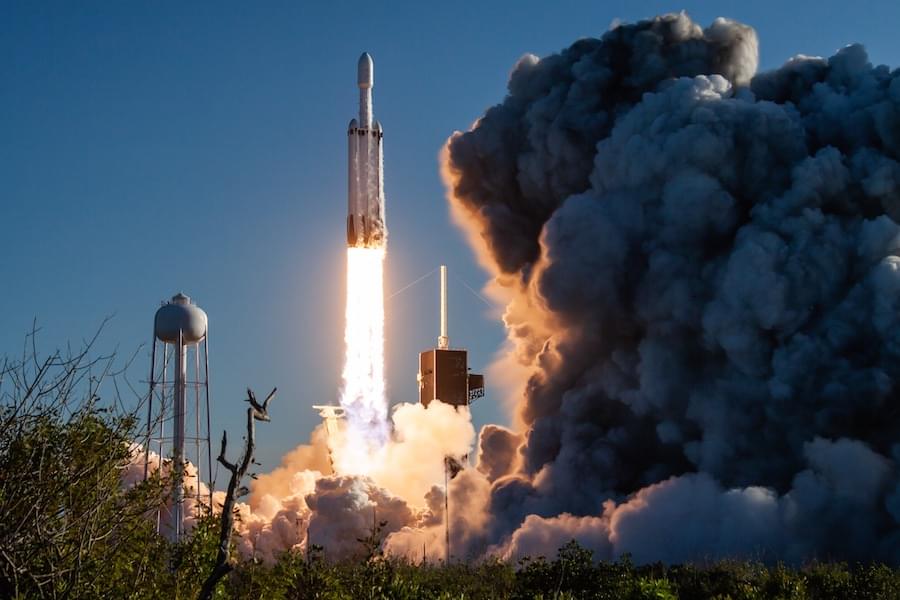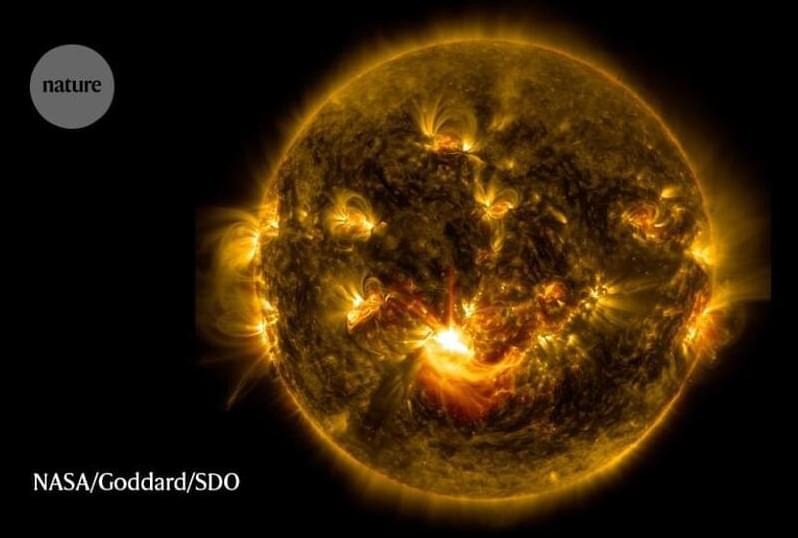Gravitational waves are invisible to the naked eye, but can be detected with instruments such as the Large Interferometer Gravitational Wave Observatory (LIGO) in Pasadena, California. So, after LIGO detected the first blast of waves from the colliding stars in 2017, astronomers around the world trained their telescopes on the merger to learn whatever they could about it. Before long, astronomers saw visible evidence of a high-speed jet of particles, blazing out of the collision site and lighting up globs of matter that had been ejected by the stars.
In their new paper, astronomers analyzed that jet with NASA’s Hubble Space Telescope, the European Space Agency’s Gaia space observatory and several additional radio telescopes on Earth. With these observations, the team calculated both the actual speed of the jet, and the perceived physics-defying speed.
The beyond-light-speed illusion arises from the difference in speed between the particles in the jet, and the light particles (or photons) that they emit. Because the jet’s particles move nearly as fast as the light they emit, it can appear as though particles in the early part of the jet are arriving at Earth at nearly the same time as photons in the later stages of the jet — making it appear as though the jet is actually moving faster than the speed of light.
